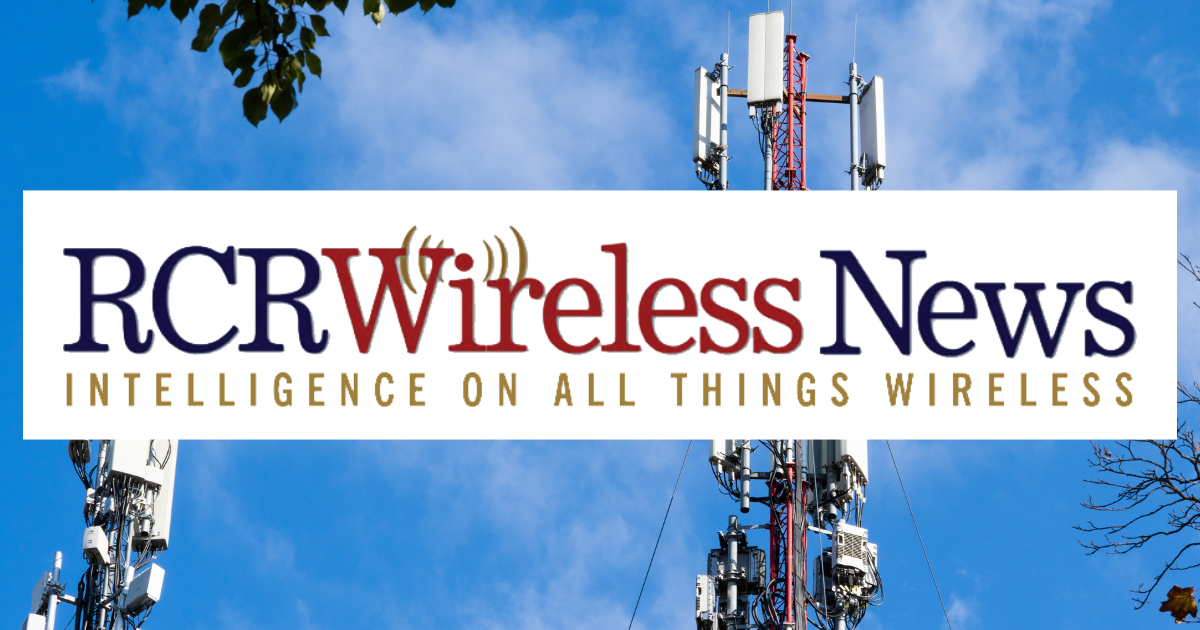
- Select a language for the TTS:
- UK English Female
- UK English Male
- US English Female
- US English Male
- Australian Female
- Australian Male
- Language selected: (auto detect) - EN
Play all audios:
WASHINGTON-The mobile-phone industry may ask the Supreme Court to review a federal appeals court ruling that breathed new life into five class-action lawsuits alleging cellular firms could
have better protected consumers from mobile-phone radiation harm by supplying them with headsets. Last Wednesday, the 4th U.S. Circuit Court of Appeals ruled 2-1 to remand four of the
headset lawsuits to state courts in Georgia, Maryland, New York and Pennsylvania. The other class-action lawsuit was returned for further proceedings to U.S. District Judge Catherine Blake
of Baltimore, who dismissed all five suits on federal pre-emption grounds in 2003. In addition to resurrecting the five headset lawsuits, the 4th Circuit’s decision-which turned not on
health, but on jurisdiction-could impact pending brain-cancer lawsuits that industry argues are pre-empted by federal law as well cellular consumer lawsuits pitting federal law against
states rights. “We’re pleased. We think the court ruled correctly,” said Michael Allweiss, a Louisiana lawyer who filed the first headset case and argued for the plaintiffs before a
three-judge panel in Richmond, Va., last October. Allweiss is working with attorneys at the law firm of trial lawyer and Baltimore Orioles owner Peter Angelos. The lead headset case is
Pinney v. Nokia Inc. In these cases, plaintiffs are asking that wireless companies supply subscribers with headsets and reimburse those who already have bought them. In addition, plaintiffs
are seeking punitive damages. Former special prosecutor Kenneth Starr, currently dean of Pepperdine University law school and of counsel to the Kirkland & Ellis law firm, argued the
appeal for the cellular industry. Starr strongly suggested the headset case is far from settled. “Congress has given the FCC broad authority to regulate radio-frequency emissions from
wireless phones and the FCC has accordingly set standards for wireless phones through a uniform, nationwide scheme. Thus, these cases belong in federal court,” said Starr in a written
statement. “The 4th Circuit’s split-decision that these cases should not be heard in federal court and are not pre-empted by federal law is unfortunate. We are considering appealing to the
full Court of Appeals, and, if necessary will consider seeking review by the Supreme Court.” The jurisdictional issues in this case are important, not just to the mobile telephone industry
but to the general enforcement of federal law, and should attract interest from the Supreme Court. But whether these cases are heard in state or federal court, we are confident that the
courts will find, as the scientific community has found, that wireless phones cause no adverse health effects.” The mobile-phone industry, which has yet to lose a health-related case,
suddenly finds itself in a legal venue favored by many trial lawyers. Defendants in the five class-action headset lawsuits read like a Who’s Who of the wireless industry. Included are all
five national carriers and the world’s leading mobile-phone manufacturers. Industry trade associations are named as defendants as well. Last July, Blake, who in 2002 rejected an $800 million
brain-cancer lawsuit brought by a neurologist represented by the Angelos law firm, remanded six other brain-cancer lawsuits against wireless firms and trade associations to the Superior
Court of the District of Columbia. The mobile-phone industry has asked Judge Brook Hedge to dismiss the six brain-cancer lawsuits based on a federal pre-emption defense. As such, the 4th
Circuit decision could hurt industry’s case in the brain-cancer litigation. The wireless industry tried to put the best face possible on last week’s legal defeat, saying the 4th Circuit’s
ruling was about process and venue rather than science, and that it was a split decision with a strong dissent. Indeed, the 4th Circuit’s decision was not altogether surprising, given the
court’s conservative makeup and its pro-states rights tendency. Still, it was a major setback for a wireless industry that was led to believe headset (and brain-cancer) litigation was on the
way out. “We have thoroughly examined the claims asserted by the Pinney plaintiffs in their complaints, and one thing is clear: the elements of each of the claims depend only on the
resolution of questions of state law,” stated Circuit Judge M. Blane Michael, who wrote the majority opinion. Michael was joined in the opinion by Circuit Judge J. Michael Luttig. Luttig, a
native of Tyler, Texas, is regularly mentioned as a future pick for the Supreme Court. Senior District Judge Jackson Kiser dissented, agreeing with Blake that the headset lawsuits are a
thinly disguised attack on the validity of the Federal Communications Commission’s radio-frequency radiation safety standard. That standard has been upheld by two federal appeals courts.
“Here, plaintiffs are not merely raising a claim that may undermine a federal regulatory scheme through inconsistent interpretations; rather they are raising claims which, if successful,
will result in the complete invalidation of federal regulatory standards. This presents a substantial federal question,” said Kiser. Wireless health studies have yet to definitively link
cell phones to cancer or other diseases, though some studies have found adverse biological effects from low level RF radiation. For that reason, government health officials in the U.S. and
overseas continue to call for additional research. “There is nothing good here for the wireless industry,” said Rebecca Arbogast, a telecom analyst at Legg Mason. At the same time, she said
the decision is not devastating for industry. Arbogast said the 4th Circuit ruling complicates the legal strategy for the mobile-phone industry. “The defendants will have to litigate in
various state courts instead of one-stop shopping with Judge Blake,” said Arbogast. “I think it’s going to be pesky for industry.” Susan Kalla, a telecom analyst at Friedman, Billings and
Ramsey, said she doubted the mobile-phone industry would take a hit as a result of last week’s 4th Circuit decision.

:max_bytes(150000):strip_icc():focal(999x0:1001x2)/jarrid-wilson-2000-c443cc2b2f9b4c72b09aa22c6a6bf55d.jpg)



